A global call for reparations and justice for Africa and its diaspora
Global leaders, civil society organizations, and regional bodies have called for stronger cooperation among governments, non-governmental organizations, and regional alliances to establish a comprehensive system of reparations for Africa and its diaspora. The initiative aims to address the enduring consequences of colonialism, slavery, apartheid, and genocide that occurred between the 16th and 19th centuries.
“During those centuries, Africa was under siege,” said Hilary Brown, speaking on behalf of the Caribbean Community (CARICOM). She emphasized how 300 years of slavery and exploitation disrupted the continent’s economic, political, and social systems as European powers extracted Africa’s most valuable asset—its people.
Strengthening alliances for reparatory justice
Brown highlighted the growing alliance between CARICOM and the African Union (AU), noting that the AU’s 2025 theme, “Justice for Africans and the People of African Descent through Reparations,” reflects this emerging solidarity.
“With this partnership, the global reparations movement has reached a turning point. A united global Africa is taking shape, speaking with one voice in the pursuit of justice,” she said.
She also called for a well-developed diplomatic and advocacy strategy to drive forward the reparations agenda through international platforms such as the United Nations, the Commonwealth, and other global institutions. Brown proposed convening a high-level forum on reparatory justice and emphasized the need to hold accountable all entities that benefited from African enslavement—including governments, universities, religious institutions, and private industries.
Angela Naa Afoley Odai, representing the African Union Commission, echoed the need for a collective and unified approach. At a 2025 reparations summit in Ghana, delegates agreed to establish a Global Reparations Fund to be based in Africa, although further details are still being finalized.
The critical role of civil society
Civil society has long played a vital role in advancing the reparations movement. Nkechi Taifa, director of the U.S.-based Reparation Education Project, reminded participants that it was not governments but “the unstoppable fire of the people” that launched and sustained the global call for reparations.
She paid tribute to historic activists like “Queen Mother” Audley Moore and Marcus Garvey, asserting that the grassroots work of the African diaspora continues to inspire progress. “Africa’s children may be displaced, but they’ve never been disconnected,” Taifa said.
She also emphasized the importance of the Permanent Forum on People of African Descent—currently in its fourth session at UN Headquarters—as a space where civil society and government representatives can collaborate equally and shape a forward-looking reparations agenda.
UN leadership and support
The discussion was moderated by June Soomer, a member of the Permanent Forum, who described reparatory justice as a “critical and urgent global priority.” The Forum’s Chairman, Martin Kimani, welcomed participants and reinforced the need for international solidarity.
The United Nations has long recognized the transatlantic slave trade and slavery as crimes against humanity and has called for tangible redress. In remarks delivered on his behalf, UN Secretary-General António Guterres urged the global community to develop reparatory justice frameworks grounded in international human rights law and shaped by the inclusive participation of affected communities. He emphasized that these efforts must address both historical harms and the ongoing effects of systemic racism.
Calls for remediation and justice also align with the Durban Declaration and Programme of Action, adopted by UN Member States during the 2001 World Conference Against Racism in Durban, South Africa. The declaration advocates for “remedial actions” to confront the legacy of racial discrimination and colonial exploitation.
As this conversation continues, a growing coalition of global actors is working toward a future where justice, accountability, and reparations are no longer aspirations—but realities.




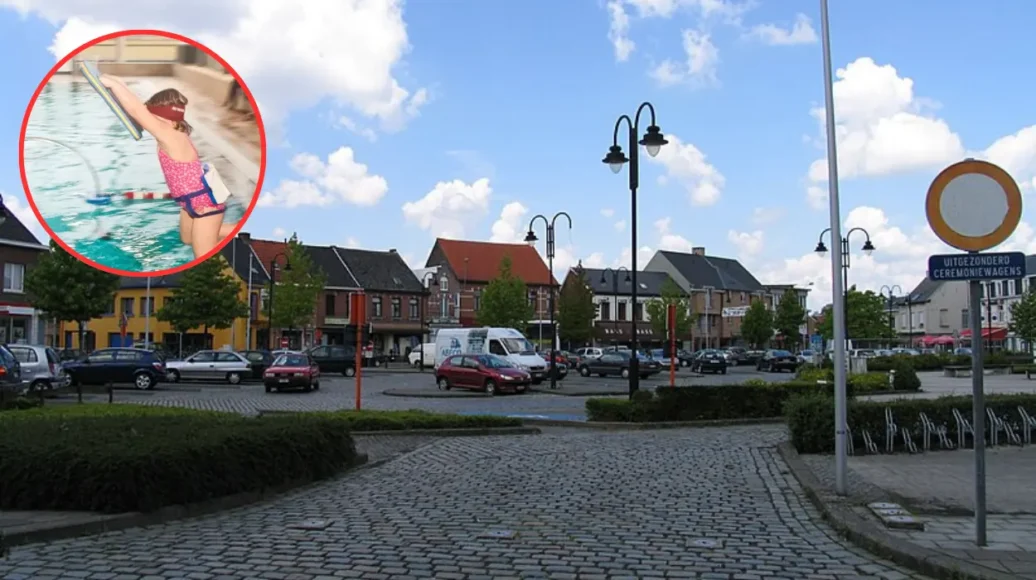
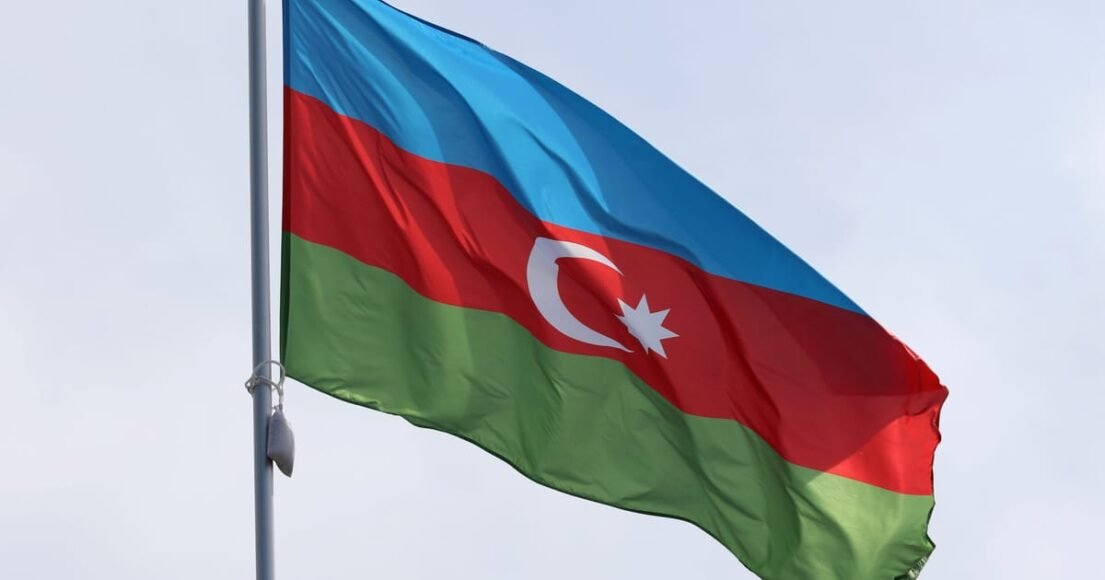

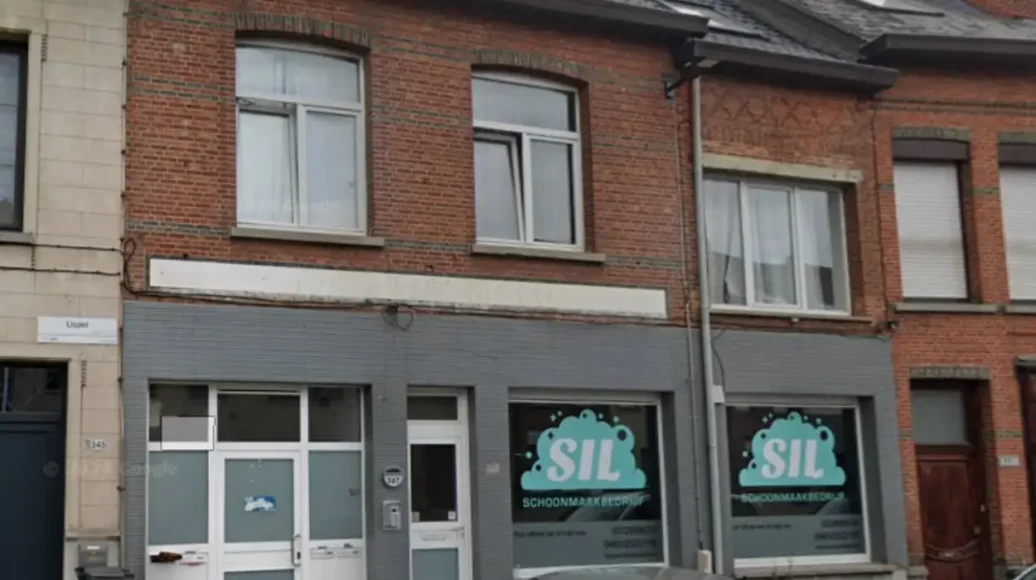
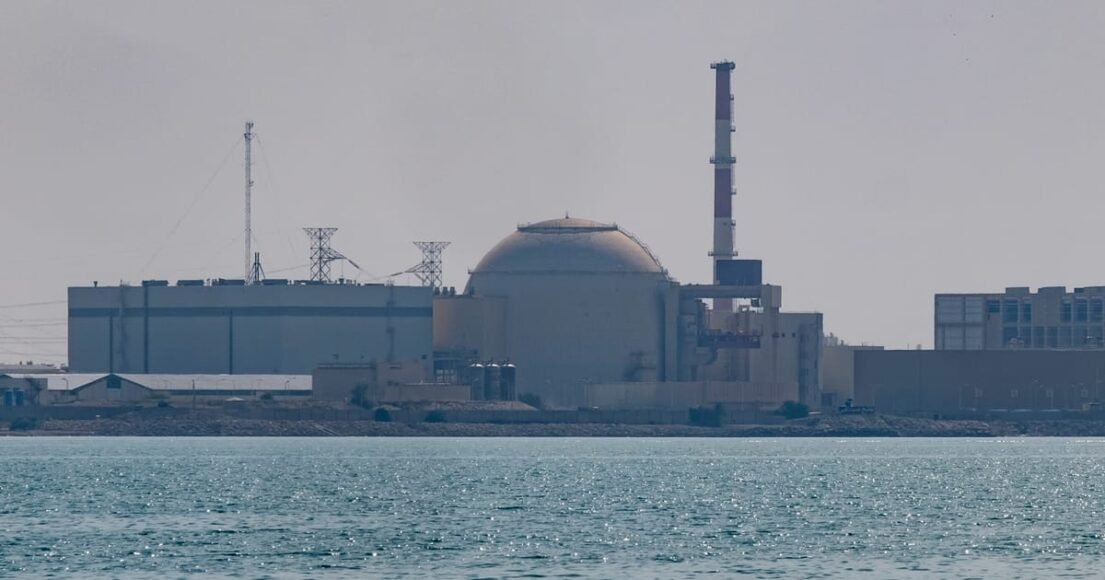
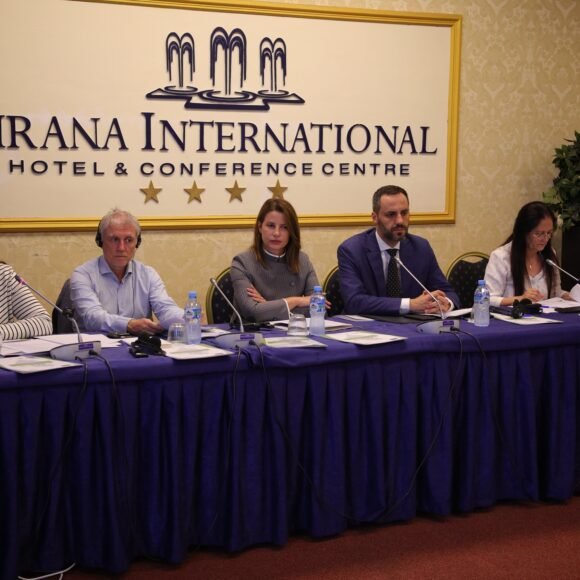
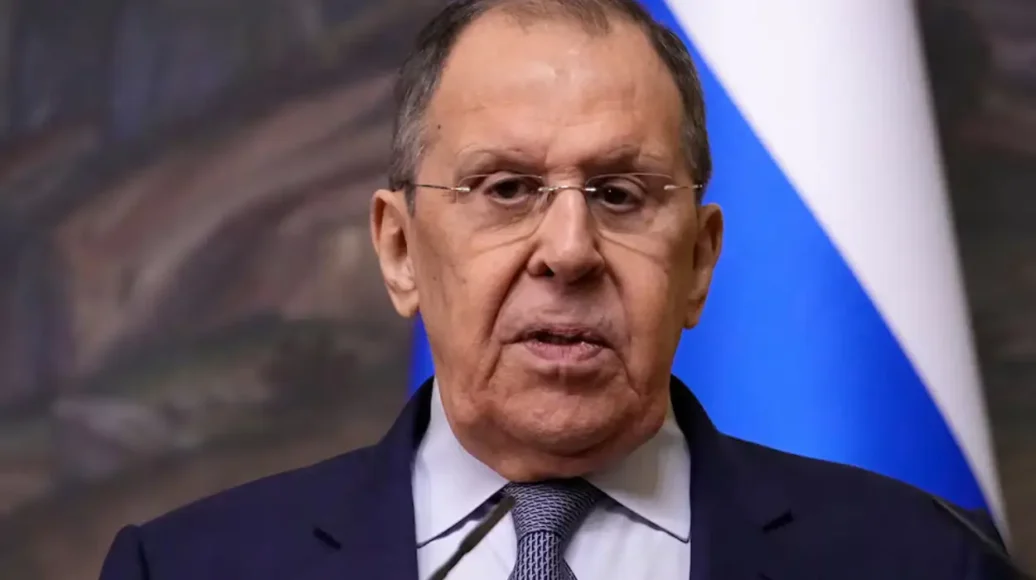
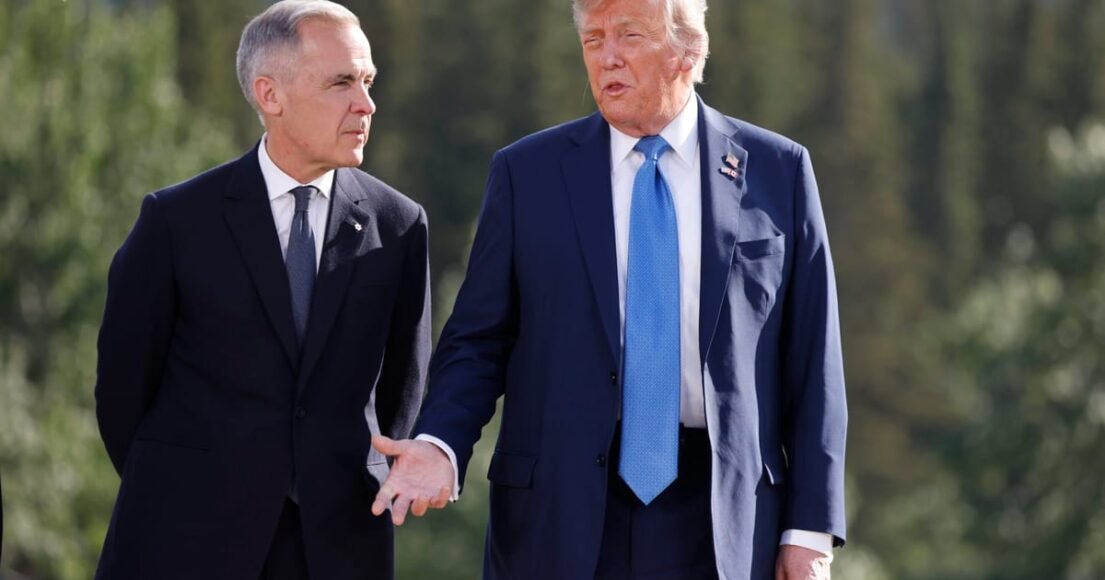
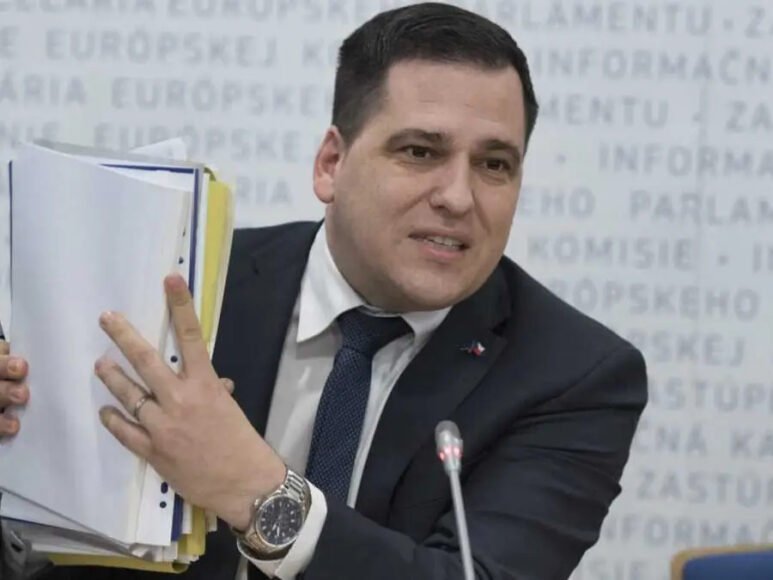

Leave a Reply